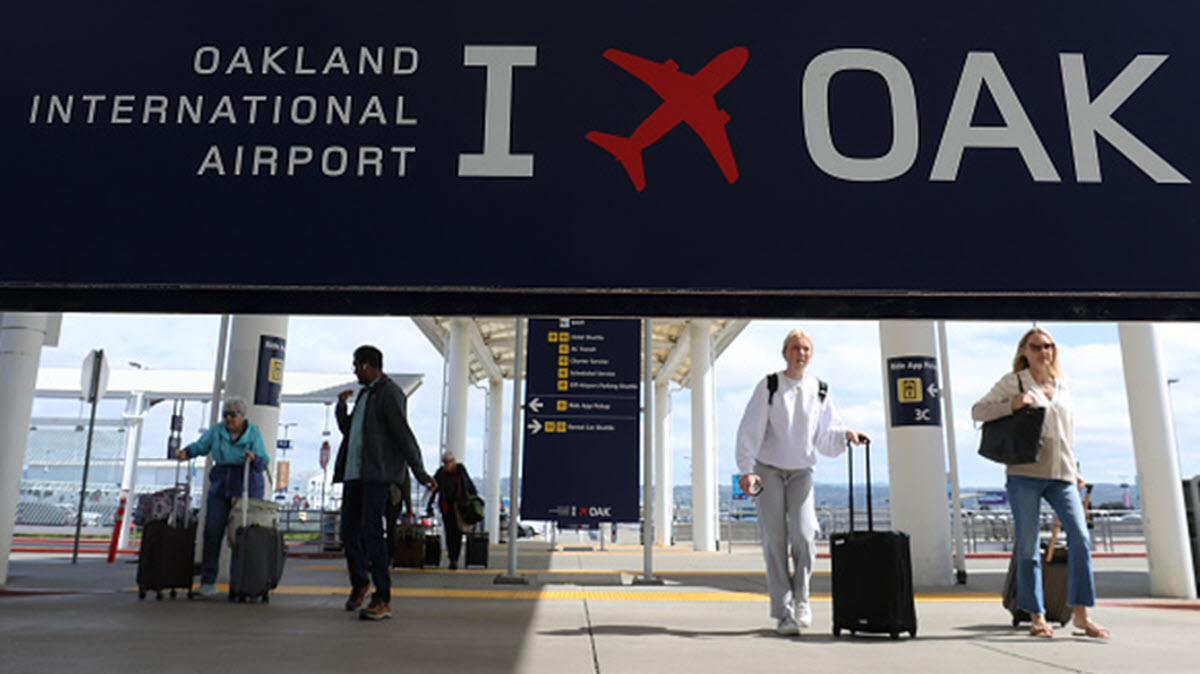What appeared to be a de-escalating situation on the Crimean Peninsula earlier in the week has quickly ramped back up again.
Crimean Parliament members voted Thursday to break away from Ukraine and join the Russian Federation.
They’ve also scheduled a public referendum on the matter next week, prompting an immediate response from President Obama.
“This morning, I signed an executive order that authorizes sanctions on individuals and entities responsible for violating the sovereignty and territorial integrity on Ukraine or for stealing the assets of the Ukrainian people,” Obama declared.
He said those sanctions include travel restrictions on particular individuals and officials.
The punishments are designed to be flexible, in accordance with what actions the Russian government takes next.
In the meantime, Obama said, the referendum scheduled for March 16 is completely illegitimate.
“The proposed referendum on the future of Crimea would violate the Ukrainian Constitution and violate international law.
Any discussion about the future of Ukraine must include the legitimate government of Ukraine,” Obama said.
Local
On two levels, the president alleges the Russians have violated the law.
Is he right? What does the Ukrainian Constitution have to say about secession?
For answers, we first contacted William Pomeranz, the Deputy Director of the Kennan Institute at the Woodrow Wilson International Center for Scholars in Washington, D.C.
Pomeranz is an expert on Russian law and Eurasian studies.
“In terms of a violation of the Ukrainian constitution, Crimea is an integral part of the Ukrainian state and the Ukrainian state does not recognize the right of secession,” Pomeranz explained. “So clearly, under Ukrainian law they cannot hold an independent referendum without somehow consulting the national government before holding such a vote.”
The broader issue at play, however, may be the confines of international law.
Pomeranz said here, too, it would be very difficult for Vladimir Putin to justify how he is not breaking global standards.
“International law recognizes the territorial sovereignty of a nation,” Pomeranz said. Specifically, the idea a state has exclusive rights to exercise powers within the boundaries of its territory.
In this instance, Ukraine would exercise control over the region of Crimea.
The one possible exception, Pomeranz added, is a concept called ‘self-determination’ that becomes relevant when a territory or population of people is experiencing something akin to mass atrocity.
“There has been no real injustice or assertion or violation of the rights of Ukrainian citizens, no matter what their nationality on Crimea, that any nation would recognize Crimea as either a constituent part of the Russian Federation or as an independent country,” Pomeranz said.
He added that sometimes countries don’t even recognize changing borders based on self-determination, such as Spain refusing to acknowledge the Republic of Kosovo declaring itself an independent state.
But the international community *does adhere to the notion of territorial sovereignty.
“That’s fact, and that’s what the United States, and the EU, and essentially the entire international community will stand behind,” Pomeranz said.
We also contacted Allen Weiner, the director of Stanford’s International and Comparative Law program, to see if his interpretation of international law aligned or differed from Pomeranz’s.
“I believe that [Russia’s behavior] is a violation of international law,” Weiner opined. “It’s impermissible to send military forces into the territory of another state, without them giving consent.”
As for Crimean efforts to secede from Ukraine, Weiner deferred to Ukrainian law but agreed that most countries wouldn’t recognize the allowance of a foreign government to intervene.
“It would have to be to stop a mass atrocity,” he said. “It’s Rwanda. It’s maybe Syria today.”
And is there proof of that sort of activity going on in Crimea?
“I don’t think there’s any credible evidence that the people in Crimea have been suffering mass atrocity,” Weiner said.
“So, that would not provide a reasonable justification for sending your troops across the border. The fact that people don’t really like their government in the capital clearly is not the legal standard.”
President Obama highlighted a pathway to resolving the concerns over the treatment of ethnic Russians in Ukraine: Allow international monitors to enter the region and observe what’s happening.
“But if this violation of international law continues,” the president said, “the resolve of the United States



